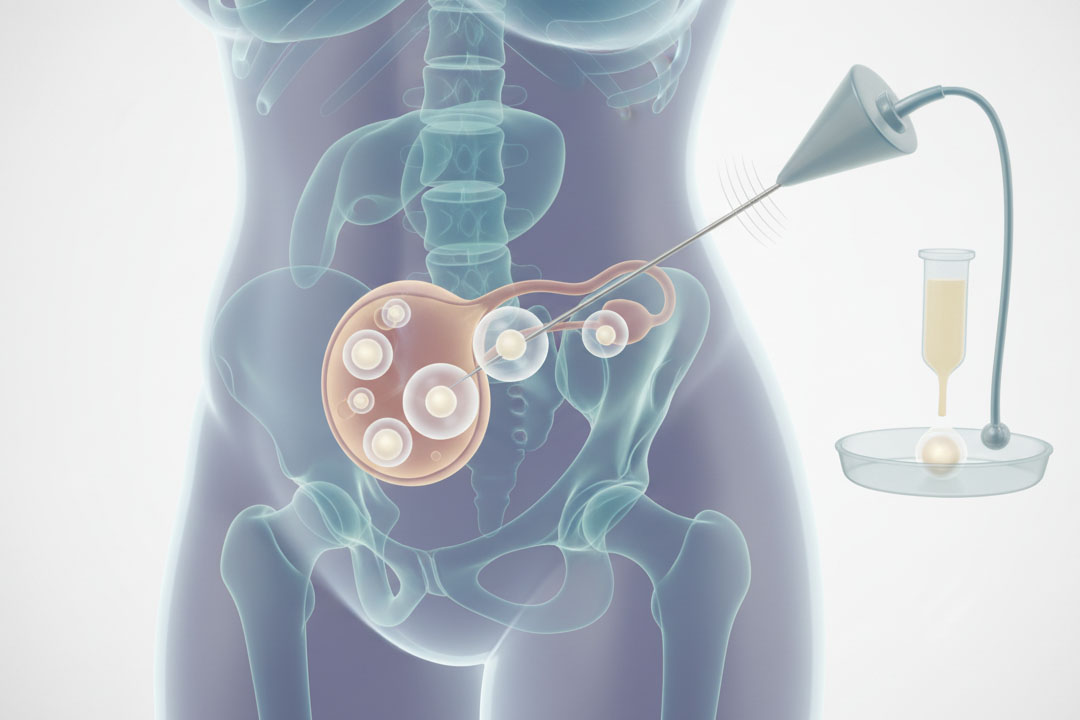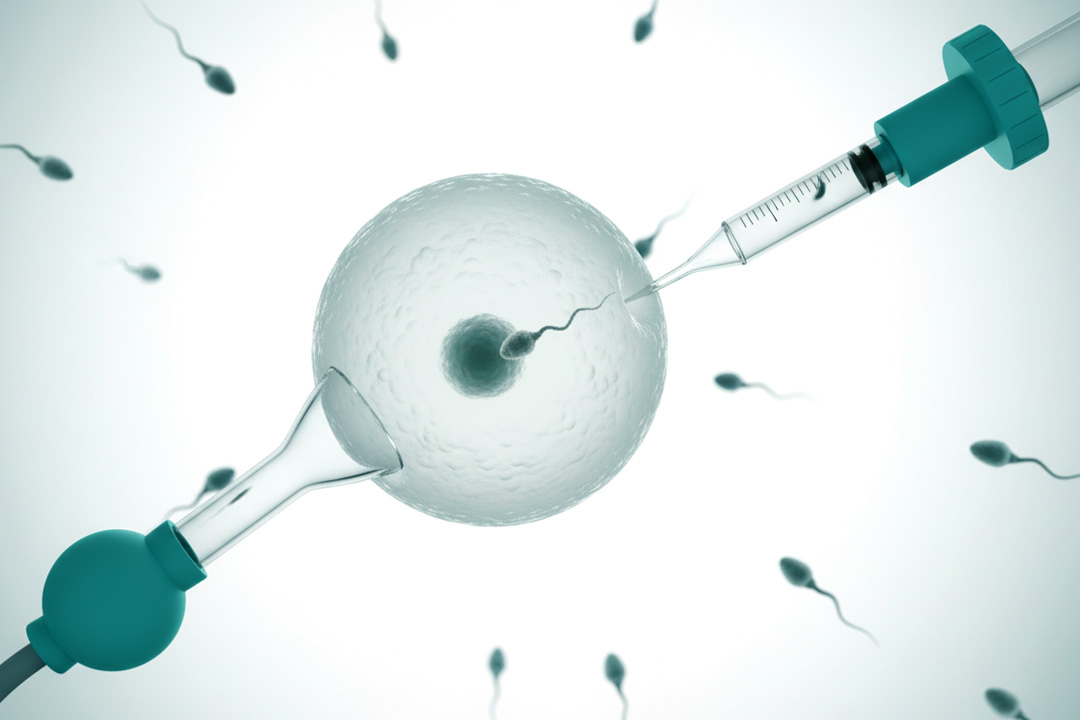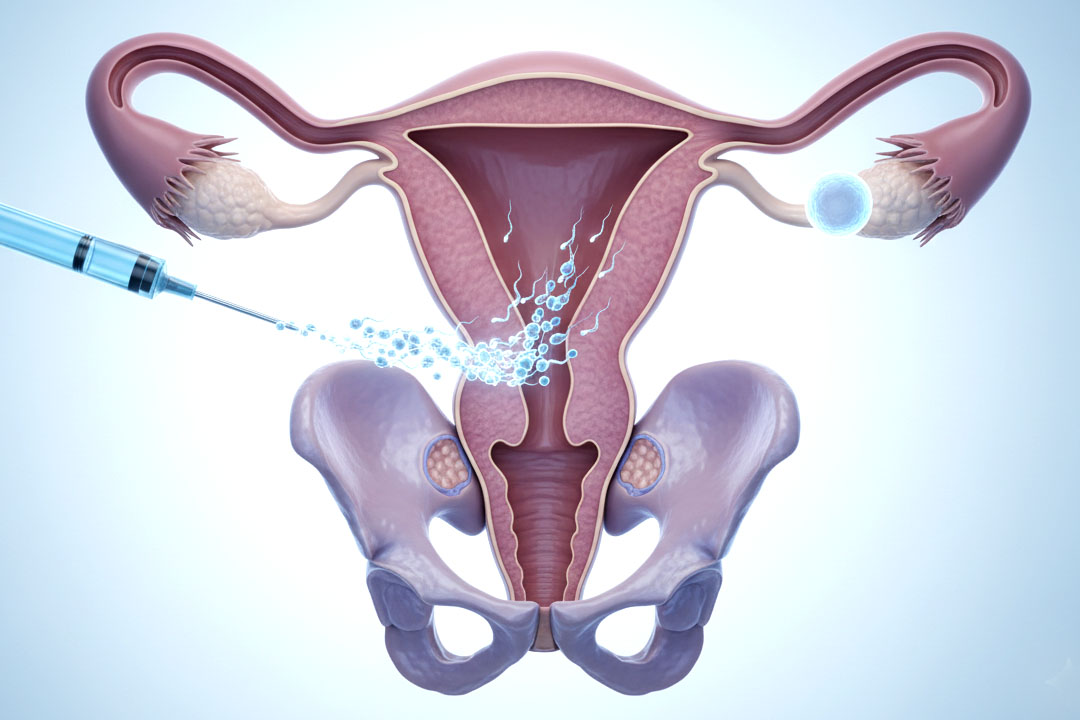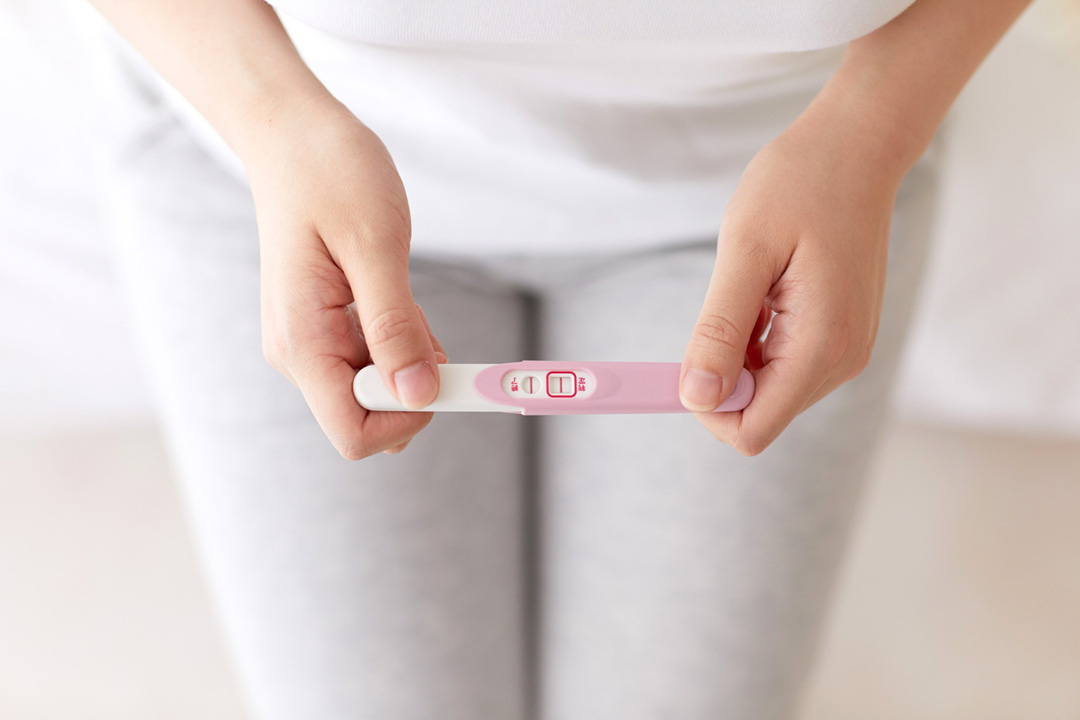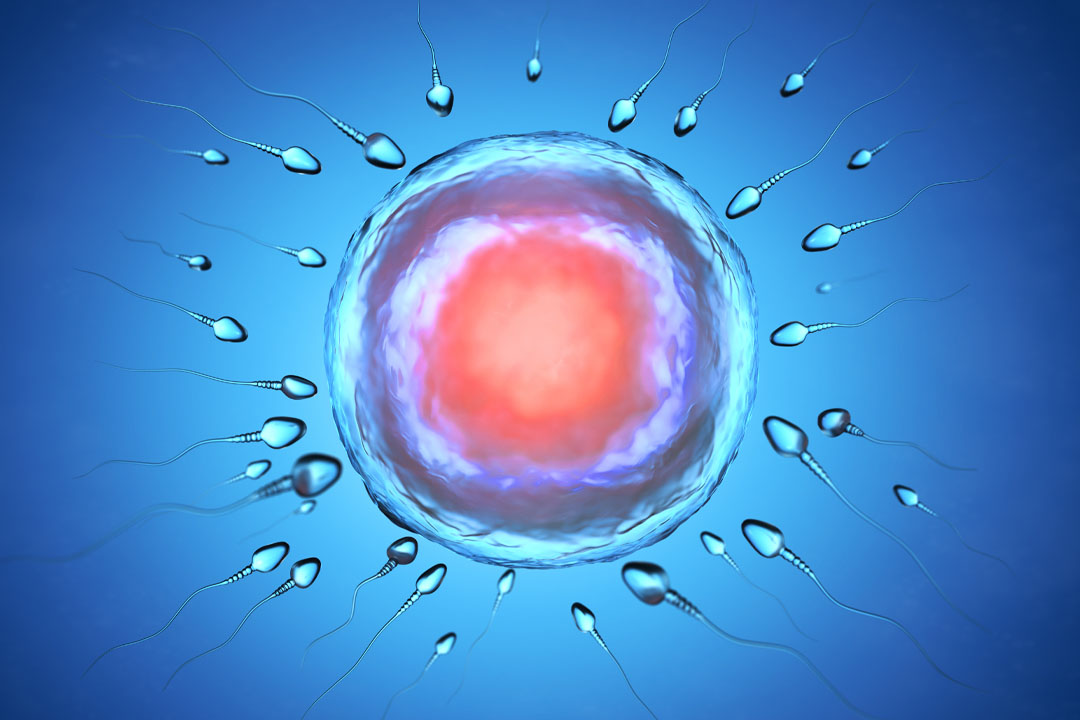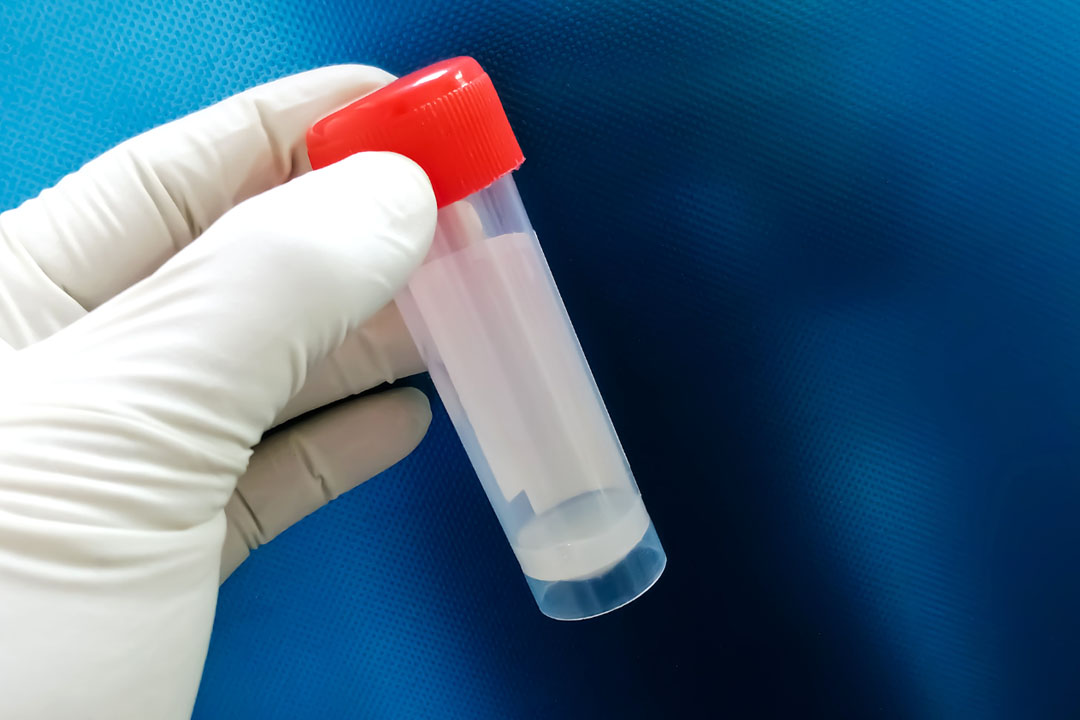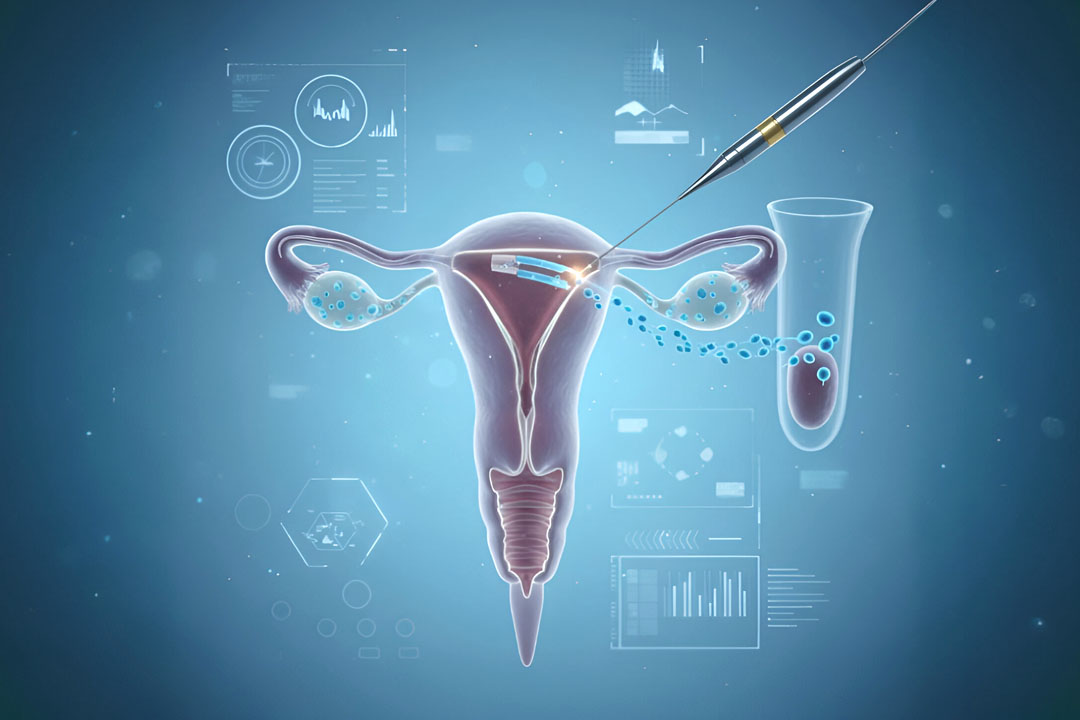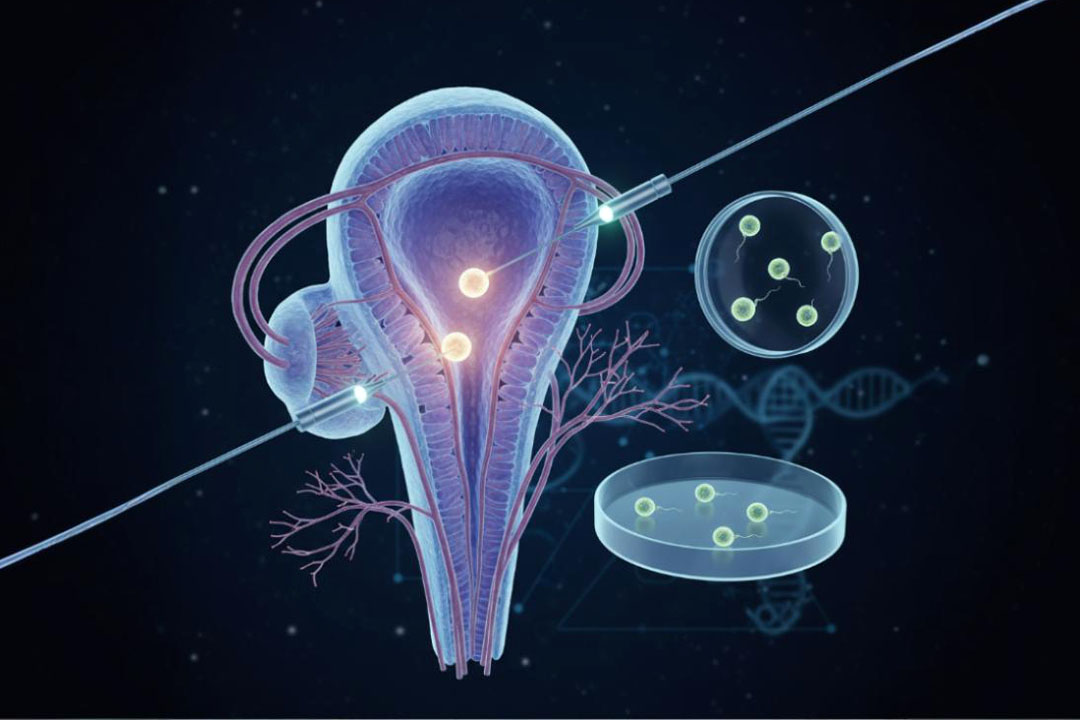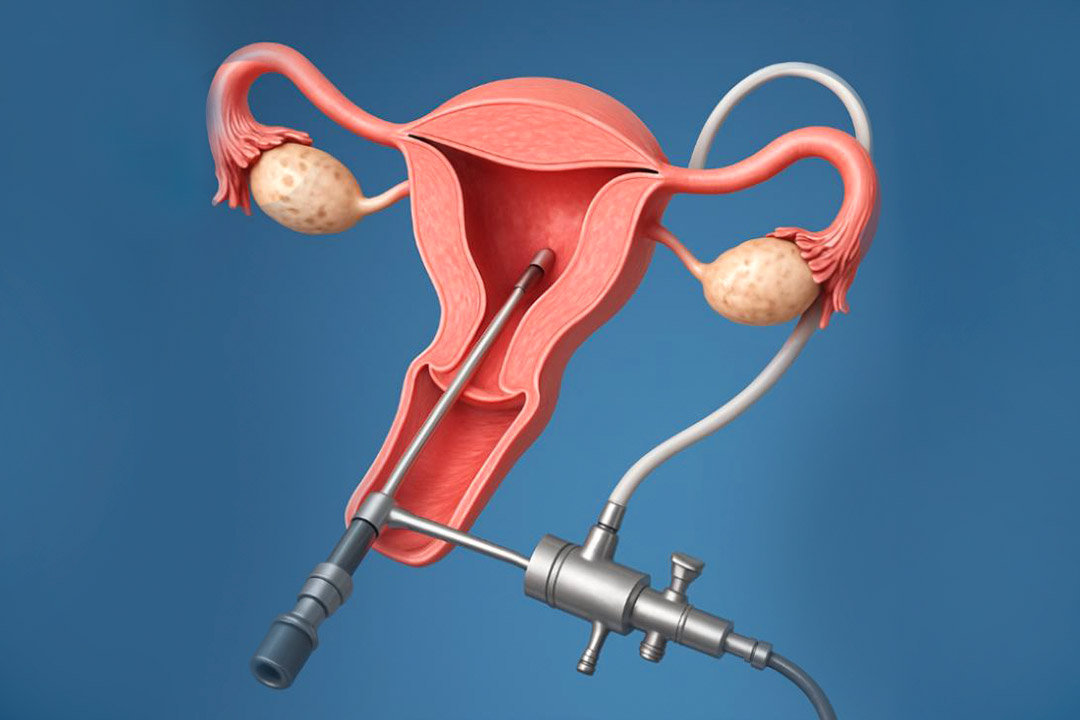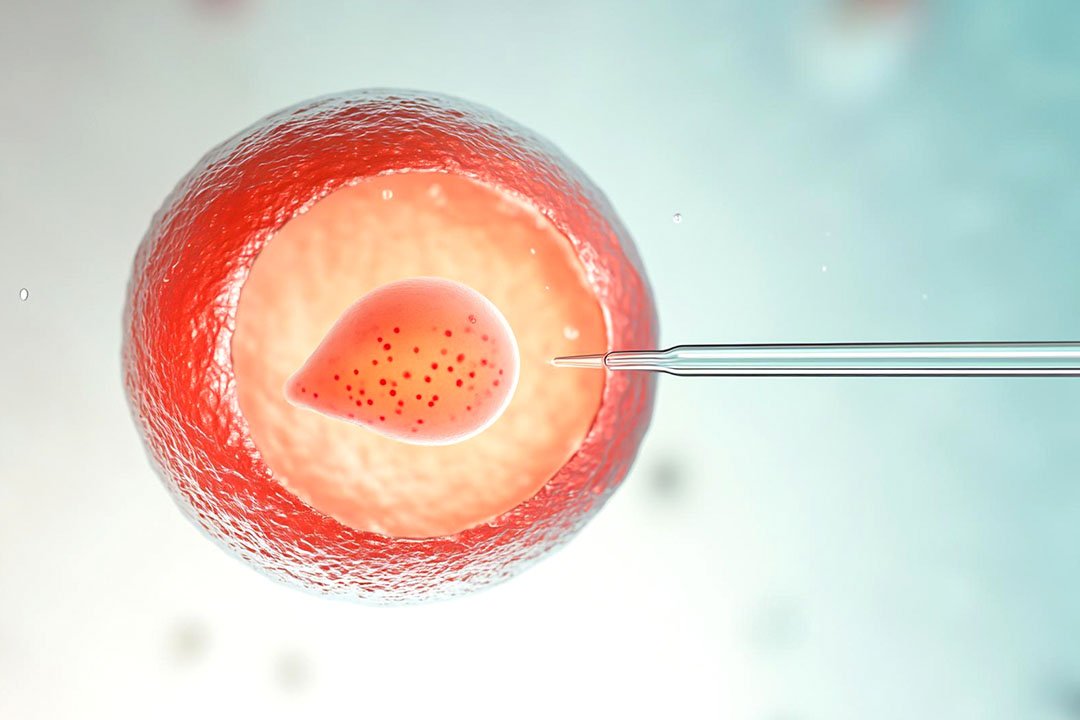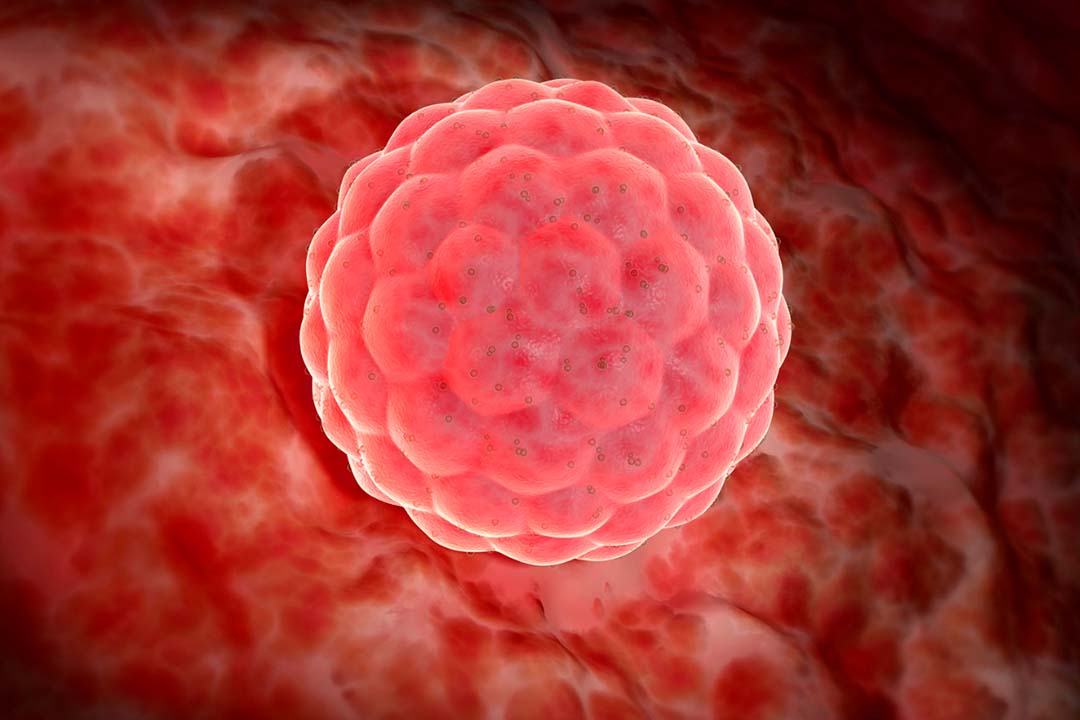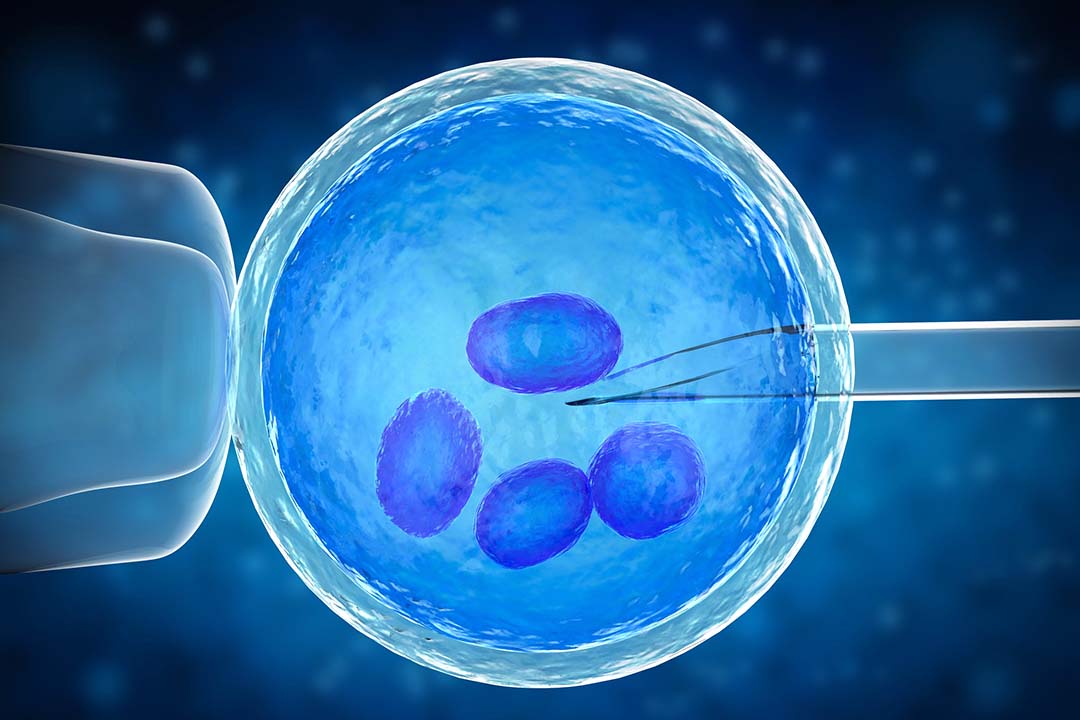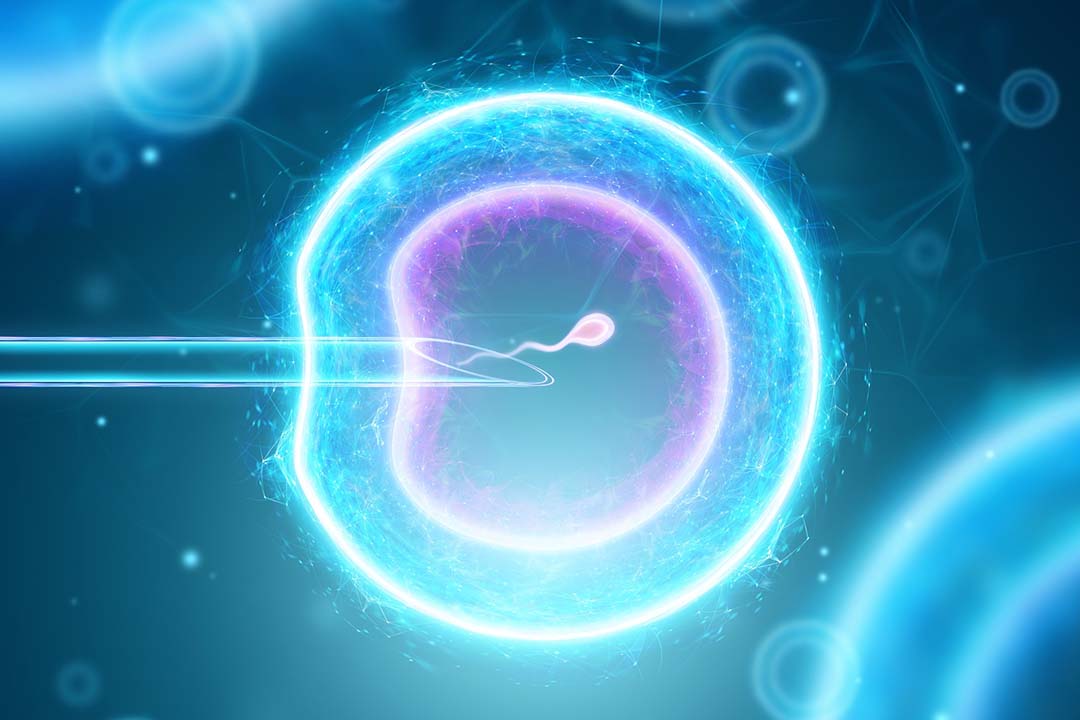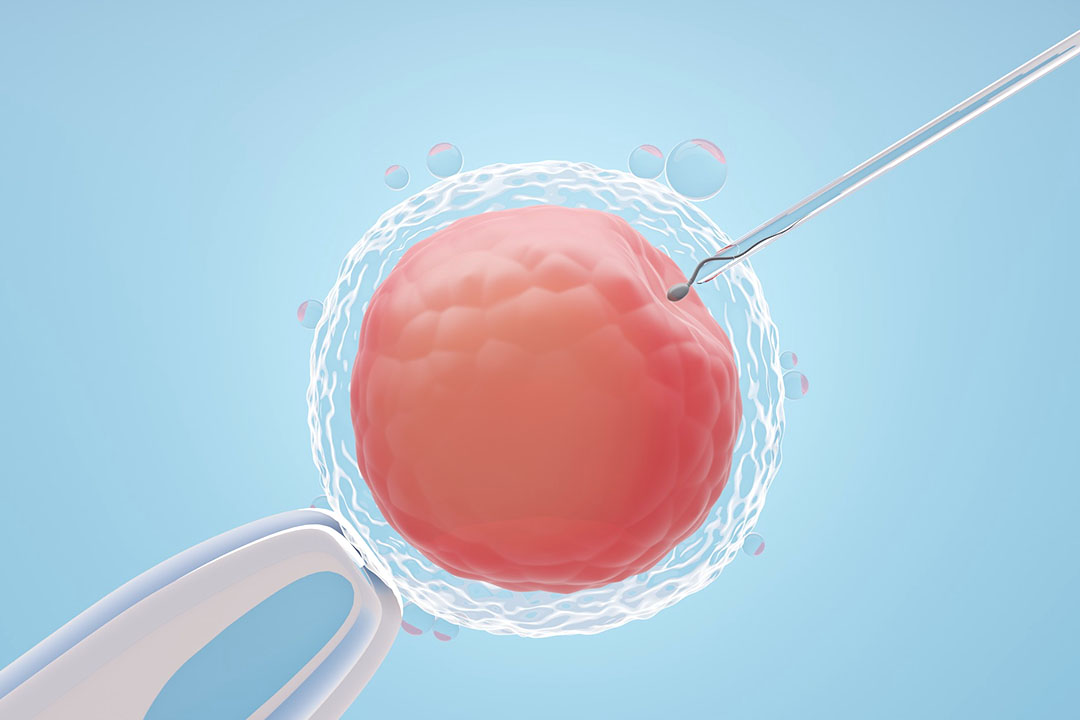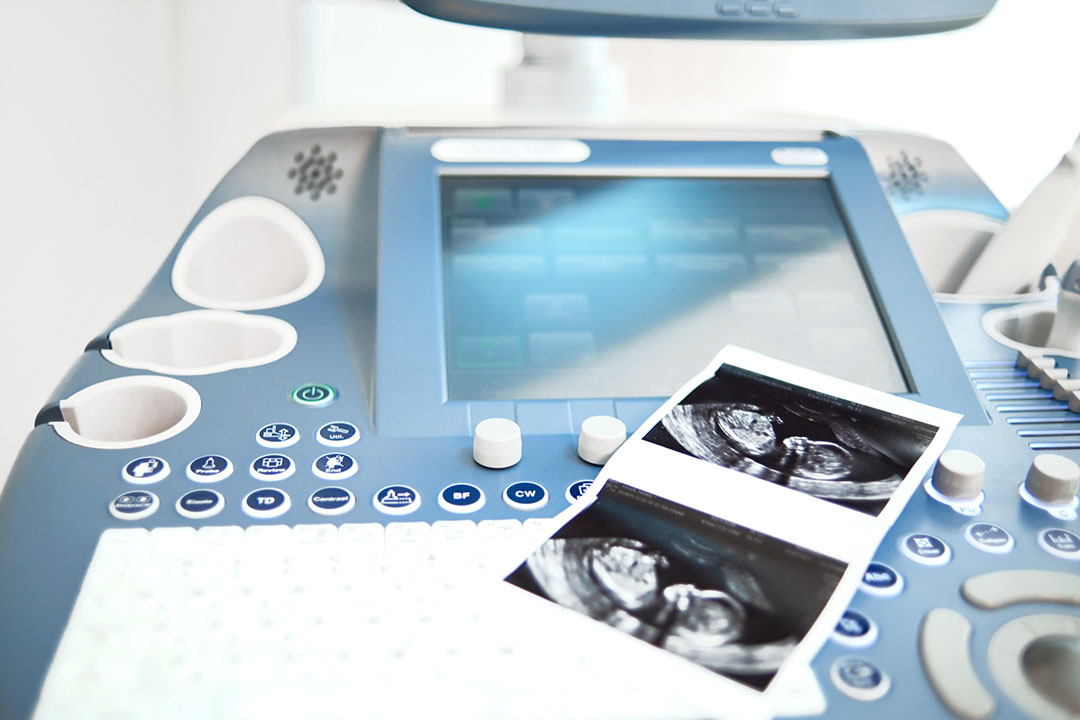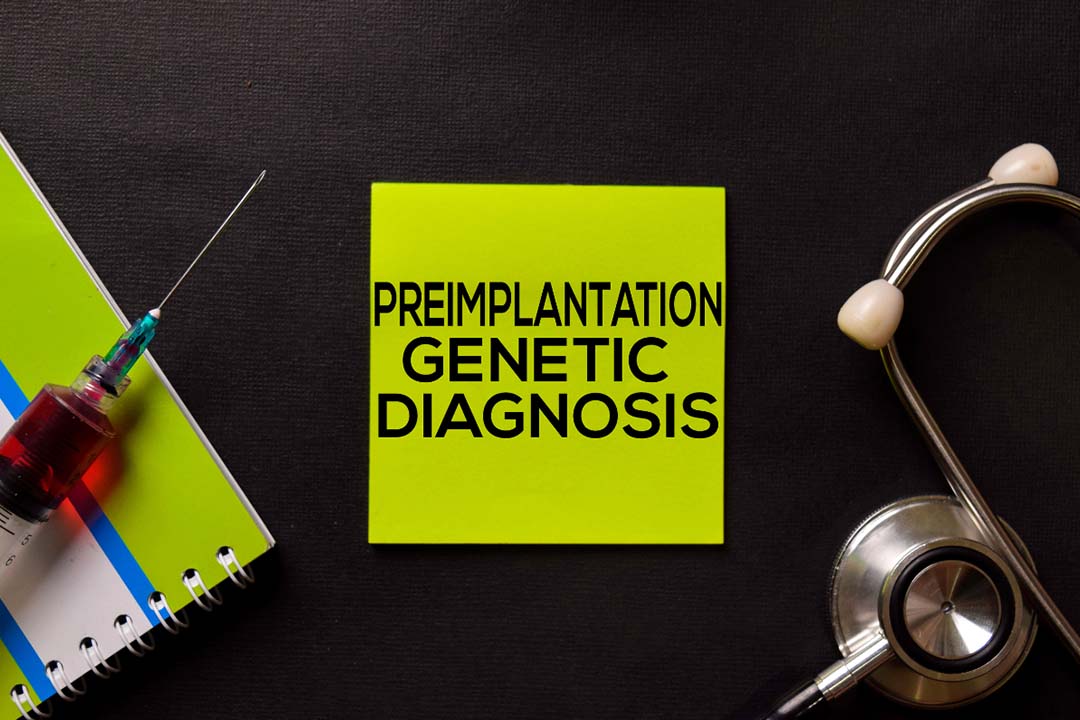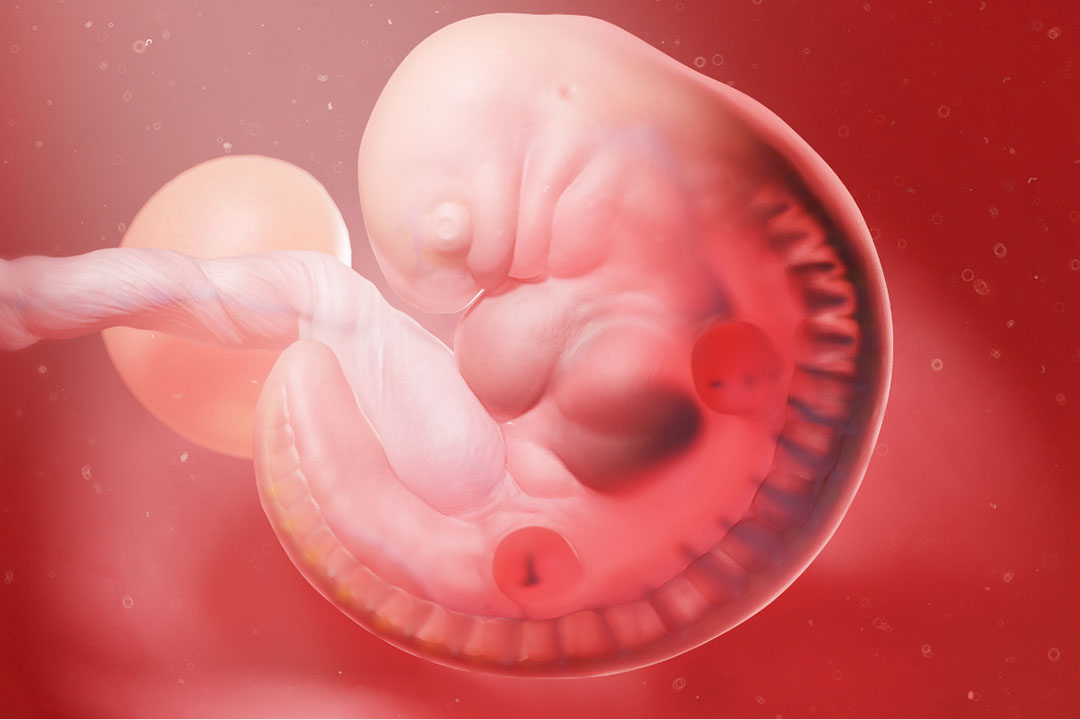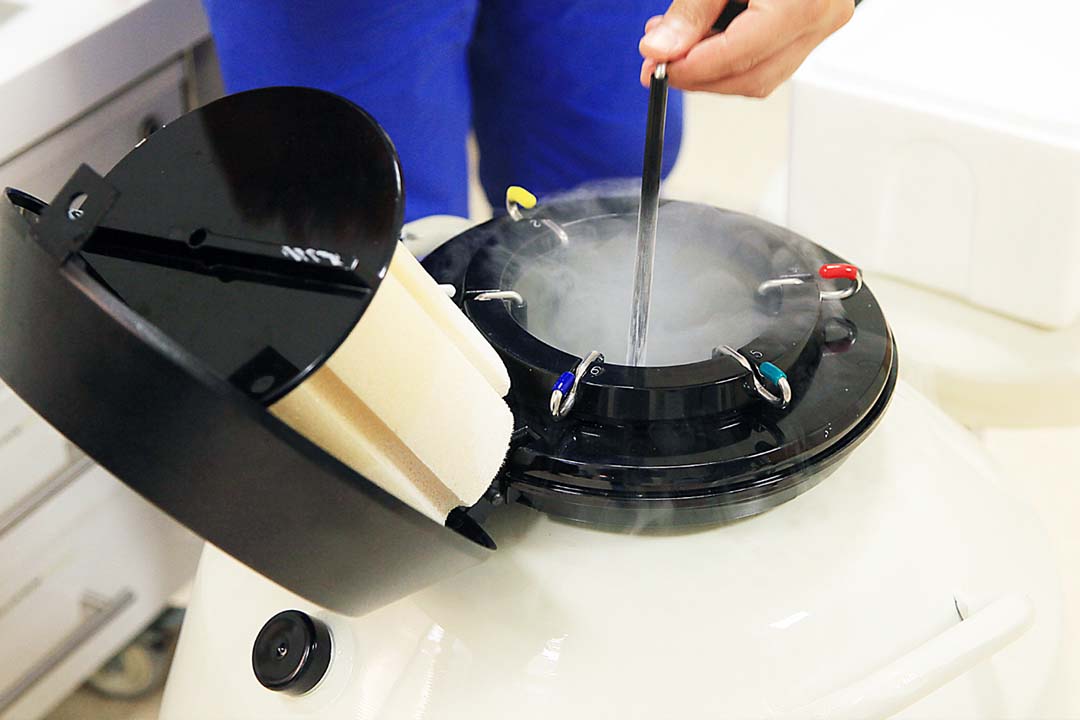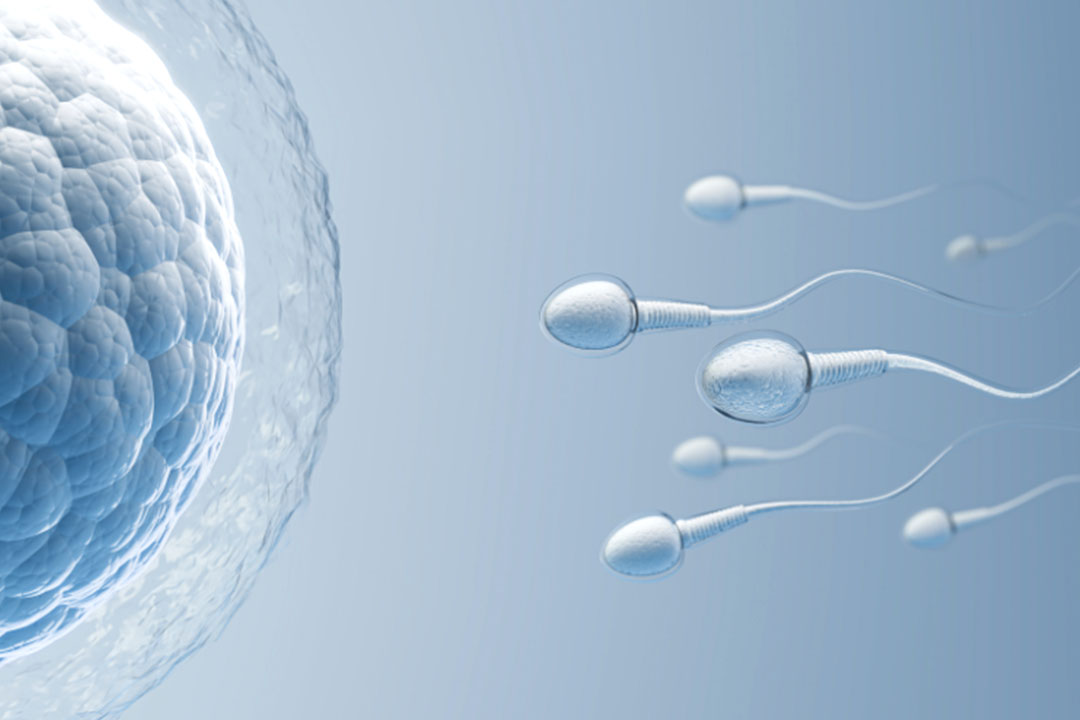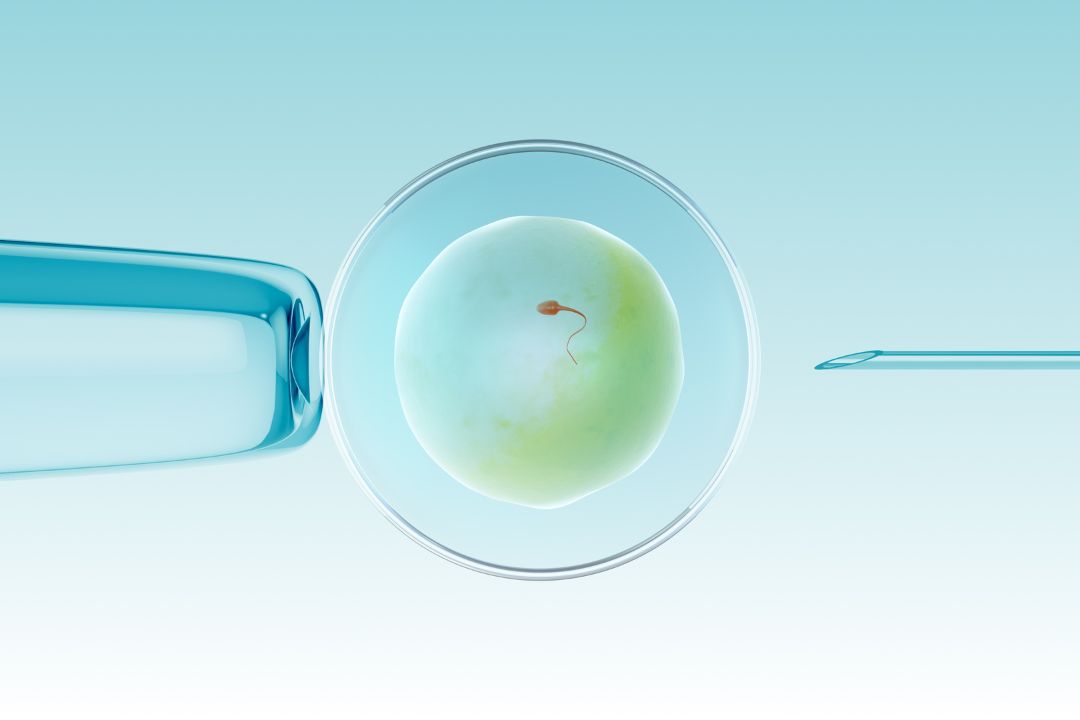Identifying and Understanding Negative Signs After Embryo Transfer
Embryo transfer is a critical phase in the in-vitro fertilization procedure since it marks the culmination of months of planning and hope. The period following embryo transfer is often filled with worry, as patients wait for proof of implantation in their bodies.
Some of the indicators may indicate successful implantation, while others may be cause for concern and signify a botched embryo transfer. These warning signs, potential reasons, and next steps might help the person navigate this difficult period.

Common Negative Signs After Embryo Transfer Include
It is important to be aware of signs and symptoms which may indicate the progression after the implantation. The symptoms to look for can be as follows:
Heavy bleeding
A modest amount of spotting or mild bleeding following an
embryo transfer is typical and may even indicate implantation. However, severe bleeding equivalent to a menstrual period may indicate that the embryo did not attach itself into the uterine lining. Heavy bleeding with clots or that lasts more than a few days should be seen by a doctor right once.
Serious abdominal pain
Mild stomach cramping is frequently a favorable indication, as it might indicate the implantation process. However, severe or prolonged stomach discomfort, particularly when accompanied by significant bleeding, may signal issues such as unsuccessful implantation or, in rare situations, an ectopic pregnancy.
Continuous nausea and vomiting
While mild nausea is a common early pregnancy symptom, frequent or severe nausea and vomiting may signify a more serious issue. These symptoms may indicate hormone imbalances or other issues that require medical treatment.
No symptoms at all
The absence of anticipated pregnancy signs and symptoms, such as breast tenderness, exhaustion, or nausea, might be upsetting. Some women may not have any symptoms even after their embryo has successfully implanted; hence, a lack of symptoms does not always indicate a botched embryo transfer.
Negative pregnancy test
A negative pregnancy test is one of the most reliable indicators of an unsuccessful embryo transfer. Most doctors recommend testing two weeks after the transfer to ensure that the levels of the pregnancy hormone hCG have increased sufficiently. The lack of hCG or very low levels typically indicates that implantation did not occur.
Reasons for a Failed Embryo Transfer
There are various probable reasons for adverse effects and unsuccessful embryo transfer. The most well-known are as follows:
- Underlying medical condition
Diseases, diabetes, thyroid problems, or an autoimmune disorder might render a patient's body incapable of supporting an embryo until successful implantation and early gestation. - Ovulation or uterine issue
Ovulation issues or an irregular uterine environment, such as fibroids or endometriosis, might prevent the embryo from implanting successfully. - Hormone Imbalances
Adequate amounts of hormones such as progesterone and estrogen are required to provide a favorable environment for the embryo. Hormonal abnormalities may affect implantation. - Embryo Quality
Not every embryo has the genetic or developmental potential to result in a healthy pregnancy. Poor-quality embryos are unlikely to implant or develop. - Process-related errors
Although rare, mistakes during the embryo transfer process, such as inaccurate embryo placement, reduce the probability of success.
Manage Expectations: Interpreting Negative Signals
Negative symptoms do not always indicate miscarriage. The body's response to an embryo transfer may differ from person to person. Some women endure severe symptoms, while others see no change at all. It's also conceivable that folks with unpleasant symptoms will implant.
Maintaining a balanced viewpoint can help to reduce stress and anxiety. Instead than relying primarily on symptoms, patients are advised to follow their doctor's instructions and await confirmation through diagnostic testing.
When to Seek Medical Attention?
While modest pain or spotting may be typical, other symptoms require immediate medical attention. Patients should notify their healthcare professional if they experience:
- Heavy or extended bleeding
- Severe stomach or pelvic pain
- persistent nausea or vomiting.
- Unusual vaginal discharge
- A verified negative pregnancy test following the prescribed testing time.
Early intervention can help identify and resolve any difficulties, resulting in better outcomes in further tries if necessary.
Dealing with a failed embryo transfer
An unsuccessful embryo transfer can cause considerable emotional distress, including grief, frustration, and uncertainty. Recognize your feelings and seek help from loved ones, counselors, or support groups.
What to do after a failed transfer?
If an embryo transfer fails, your doctor may recommend further tests to establish the cause. The following are some common steps that can be performed after an unsuccessful transfer:
- Diagnostic Tests: It examines the uterine health, hormone levels, and hereditary problems.
- Treatment Modifications: Changing medications and protocols for future IVF cycles.
- Lifestyle changes: This includes dietary behaviors, exercise, and stress reduction, which may have influenced fertility.
Each failed attempt provides valuable information that may be used to improve future therapies and increase the probability of success.
Optimizing for Future Success
Advances in reproductive medicine have significantly improved the outcomes of individuals undergoing IVF. Strategies to increase the success rate in succeeding cycles might include:
- Preimplantation Genetic Testing (PGT) is the process of identifying embryos that are genetically viable.
- Endometrial receptivity testing helps in Determining the optimal period for embryo transfer.
- Improved Embryo Freezing Techniques defines Storage of high-quality embryos for later use.
Conclusion
The period following an embryo transfer can be emotionally difficult, especially if there are negative indicators. While excessive bleeding, intense pain, or a negative pregnancy test may indicate that the embryo transfer failed, it is important to understand that not all indicators lead to a definitive outcome. Each person's journey is unique, and sometimes success comes only after being urged to wait by smart and experienced health specialists.
A botched embryo transfer is upsetting, but it does not mean the end of the program. Many people have successful pregnancies after undergoing further IVF rounds or other therapies. Open communication with providers, a willingness to explore new ways, and a focus on emotional well-being all aid in the journey of hope and confidence.
References

About Us
AKsigen IVF is a premier center for advanced fertility treatments, with renowned fertility experts on our team. Specializing in IVF, ICSI, egg freezing, and other cutting-edge reproductive technologies, AKsigen IVF is committed to helping couples achieve their dream of parenthood. With personalized care and a patient-first approach, AKsigen IVF provides comprehensive fertility solutions under one roof.














